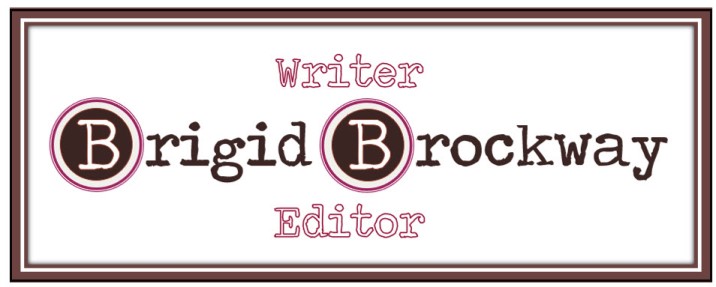I've read quite a bit of this kinky lady porn of late - in the name of research of course, all for you, my loyal readers. And I noticed some rather interesting common themes... but I get ahead of myself.
As you've probably heard, 50 Shades started its life as Twilight fan fiction, which is maybe the most pathetic thing ever. But Twilight wasn't the only thing to which there were startling similarities - actually, the similarities to Twilight were passing enough that you could easily pretend they weren't there. Other books, however... I read one about an ordinary girl who has never truly been in love before and who falls in love with a possessive kinky Seattle billionaire who has grey eyes and an a conniving evil ex; he buys her expensive clothes and takes her to fancy balls, and then a bunch of sex. Wow, what an incredible knock-off, I thought. Then there's the book set during the Victorian age in which an ordinary, bookish girl with grey eyes meets a kinky, possessive man with a tragic past who has never truly been in love before. And the book with the ordinary woman who meets a grey-eyed kinky millionaire who has never truly been in love before. Oh, and the book about the famous rich dude who has never done anything but hurt and debase women until he meets the ordinary, bookish girl with the power to make him change his ways.
I eventually had to come to the conclusion that EL James couldn't possibly have copied all the kinky soccer mom porn at the same time; especially since all of the stories had a bunch of stuff in common with each other too. And not just the kinky billionaire thing. If what I've been reading tells me anything, a whole lot of women have a whole lot of unoriginal - and bizarrely specific - ideas about their dream men.
OR, all of these novels are actually set in an alternate universe in which the following are true:
- With very rare exception, men come in three races: white, native American, and vaguely Hispanic.
- Among white men, grey is the most common eye color.
- Should you be lucky enough to encounter the rare, but elusive black man, he will have green eyes, and you won't have relations with him; he might, however, be the best friend of the man with whom you will have relations.
- There are three types of careers for men:
- Very rich man who does something vaguely businessy that requires suits.
- Cop, firefighter, EMT, etc. Note: In this universe, most cops are independently wealthy due to an inheritance or something; in the interest of fairness, firefighters without an inheritance get paid enough money to live like the very rich guy noted above.
- Agent for a secret spy agency that operates outside the law and just happens to be staffed full of hot, kinky men..
- All hot men are obsessed with ordinary looking chicks. In fact, in spite of the fact that the smoking rich grey-eyed lovers could have any woman they want, they only want chunky, vaguely unattractive mates. And they say so. A lot.
- Most women, and a significant portion of men, have prominent scars.
- Even though all the good men want to have sex all the time, they adore and respect women, never taking advantage of, or harming them.
- Unless, of course, these men have Tragic Back-Stories, in which case, they harm and take advantage of women until they meet you, yes you, because you are The One.
- There exist, all over this great nation, magical sex clubs where beautiful, big-hearted men troll for scar-ridden fat chicks in the hope of meeting The One.
- Men love to cook, unless you like to cook, in which case, cooking is the one domestic task they're not good at.
- All men work out enough to have six pack abs and carry fat chicks around as if they weighed nothing, but they always do the working out when you're not around - the only thing more important than maintaining an unrealistic amount of muscle mass is You, yes You.
 |
| I have an ax. |
So that's it. I know everything I need to know about kinky soccer moms. I thought, for a bit, that I could totally use this formula to create the next Fifty Shades. Turns out I start blushing and giggling like a school girl right around the time the grey-eyed billionaire unbuttons his shirt.





